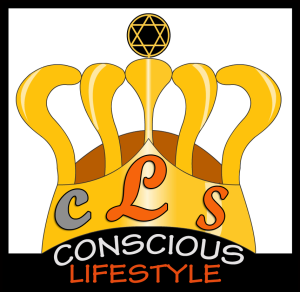Blog
Feast of Unleavened bread – Matzah
- March 15, 2013
- Posted by: admin
- Category: God's temple/Tabernacle History Israel Political system Prayer

 The Passover begins on the 14th day of the month of Nisan on the Hebrew calendar, which typically falls in March or April of the Gregorian calendar.
The Passover begins on the 14th day of the month of Nisan on the Hebrew calendar, which typically falls in March or April of the Gregorian calendar.
Passover is a spring festival, which begins on the full moon on the 14th – 15th of Nisan.
And from that point of time, (on the 15th of the month of Nisan-spring time,) when the moon is full, the Jews (Israelites) were commanded by God to eat unleavened bread.
The feast of unleavened bread is a period of Seven days.
Through this period of seven days, each day was a day of eating unleavened bread (called Matzah in hebrew) until the 22nd of Nisan as it is written in Leviticus 23:5-6.
The Hebrew word Matzah or Matza, plural Matzot (unleavened bread) means; the bread of affliction, the bread of humbleness, the bread of healing, also being the bread of faith.
The sin of Adam and Eve:
Due to the fact that Adam and Eve ate from the tree of knowledge of good and evil during this season, that is the reason why we need to be extra careful, obedient, teachable and humble during the 7 days of unleavened bread
Why do we eat unleavened bread for 7 days?
The other reason for eating matza (unleavened bread) is symbolic:
On the one hand, matza symbolizes, salvation redemption and freedom, but it is also lechem oni, “poor man’s bread.” Thus it serves as a reminder to be humble, and to not forget what life was like in slavery or Egypt.
Also, leaven symbolizes corruption, arrogance and pride as leaven “puffs up”, so leaven is liken unto the pride and arrogance of Sodom and Gomorrah.
1 Corinthians 5:8
Therefore let us keep the feast, not with old leaven, nor with the leaven of malice and wickedness, but with the unleavened bread of sincerity and truth
1 Peter 2:1
Therefore, laying aside all malice, all deceit, hypocrisy, envy, and all evil speaking,
Titus 3:3
For we ourselves were also once foolish, disobedient, deceived, serving various lusts and pleasures, living in malice and envy, hateful and hating one another.
1 Corinthians 5:7 Therefore purge out the old leaven, that you may be a new lump, since you truly are unleavened. For indeed Christ, our Passover, was sacrificed for us.
Eating the “bread of affliction” (Matzah-unleavened bread) is both a lesson in humility and an act that enhances the appreciation of freedom.
